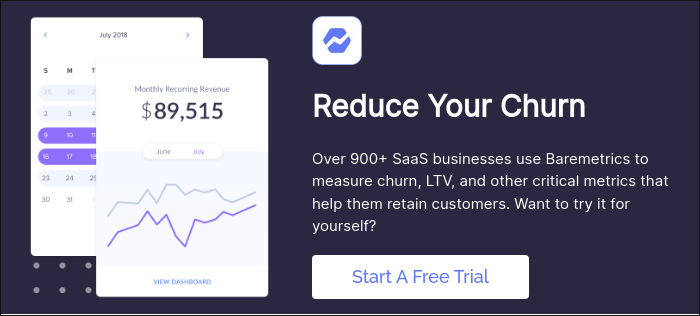Table of Contents
With nearly seven billion online searches every single day, marketers have to go above and beyond just to stand out from the competition. With roughly 41% of clicks going to the top three paid ads, Pay Per Click (PPC) marketing is becoming increasingly popular, and in many cases it’s the go-to marketing tool for attracting qualified leads.
So, what exactly is Pay Per Click (PPC) marketing?
PPC marketing is a kind of virtual auction, where you can create adverts and bid against certain keywords or phrases that best represent your business. You’re effectively paying for your business to be listed above and below organic search results. Statistics shows that ads displayed on top pages result in higher click-through rates (CTR) at a lower cost Cost Per Click (CPC) – a winning combination!
PPC ads receive 65% of clicks from people who are searching with the specific intent of buying. Putting it simply, PPC ads have a higher conversion rate due to the fact that potential buyers are being targeted at the exact time they are interested in making a purchase.
PPC can be a very cost-effective advertising technique, and what makes it more enticing is the fact that almost anyone can run a PPC campaign, even those on a limited budget. Having the option to set a maximum daily spend ensures you don’t exceed allocated budgets, you can tweak your ads according to performance and if the ad is not producing the desired results, you can pause or stop it at any time.
No matter what your objective is, PPC ad results are what marketers dream of. Not only do search result ads increase brand awareness by up to 80%, they also increase website traffic by 300%. What’s even more attractive to marketers is the fact that visitors from a PPC ad are 50% more likely to make a purchase, when compared with organic traffic.
Sponsored ads come in many different formats: ad-text, image ads, video ads and mobile ads. Practically, PPC uses search engine advertising to generate traffic by increasing clicks to your website. Every time someone clicks on the ad, the search engine gets paid according to the bid set when the ad was created.
However, being the highest bidder alone is not enough to ensure you’re the first paid search result. To beat your competitors, you need to have a combination of things like; highest quality ads, highest bid for keywords, good AdWords performance history, a history of previous ads, and of course relevant keywords.
Businesses make roughly $2 for every $1 they spend on AdWords, making PPC marketing a very cost-effective option. Let’s say for example, your products cost $100 per item, and you run a $500 PPC campaign. If the CPC is set at $1, and your campaign generates 500 clicks, that’s a total spend of $500. If 200 people purchase your product, that’s $20,000 of sales from $500 PPC ads, making it a 4000% return on investment. Not bad, right?
Let’s look at the three most popular PPC platforms:
1. Google AdWords
Google AdWords is the biggest PPC advertising platform, and generated almost 79.4 billion US dollars in 2016. This shouldn’t come as any surprise considering that Google is the most widely used search engine across the globe. It’s impossible for marketers to overlook Google AdWords as a legitimate way to increase sales, simply based on the fact that that Google provides access to billions of customers. Companies like Amazon, the largest spender on Google AdWords, Apple and eBay recognize the power of Adwords, collectively spending in billions of dollars each year.
2. Bing Ads
Bing Ads is another well-known PPC marketing platform, advertising across three major search engines – Bing, Yahoo and MSN Search. Owned by Microsoft, Bing Ads has a 33% market share compared to Google Adwords. The overall CPC is relatively low and affordable, making it a good place to learn the fundamentals of running a successful PPC campaign.
3. Facebook Ads
Facebook, the world’s largest social media network, launched Facebook Ads in 2007 to support growing businesses. With an average of 1.3 billion daily active users, and over 2 billion active users, Facebook Ads helps businesses target potential customers using a combination of algorithms that aggregate user data. Although users don’t usually use Facebook to search for products or services, Facebook Ads is a great way increase your company’s brand awareness, and social engagement. Even more powerful is their retargeting option, allowing you to directly target user who have visited your website, displaying adverts for items they looked at.
Pay Per Click marketing can provide an abundance of new leads, if you know what you’re doing. Whilst it’s easy to get started, knowing how to optimize your ads for increased conversions is somewhat of a fine art. Be prepared for a lot of trial and error, however, when you finally find your sweet spot, the sky’s the limit.


